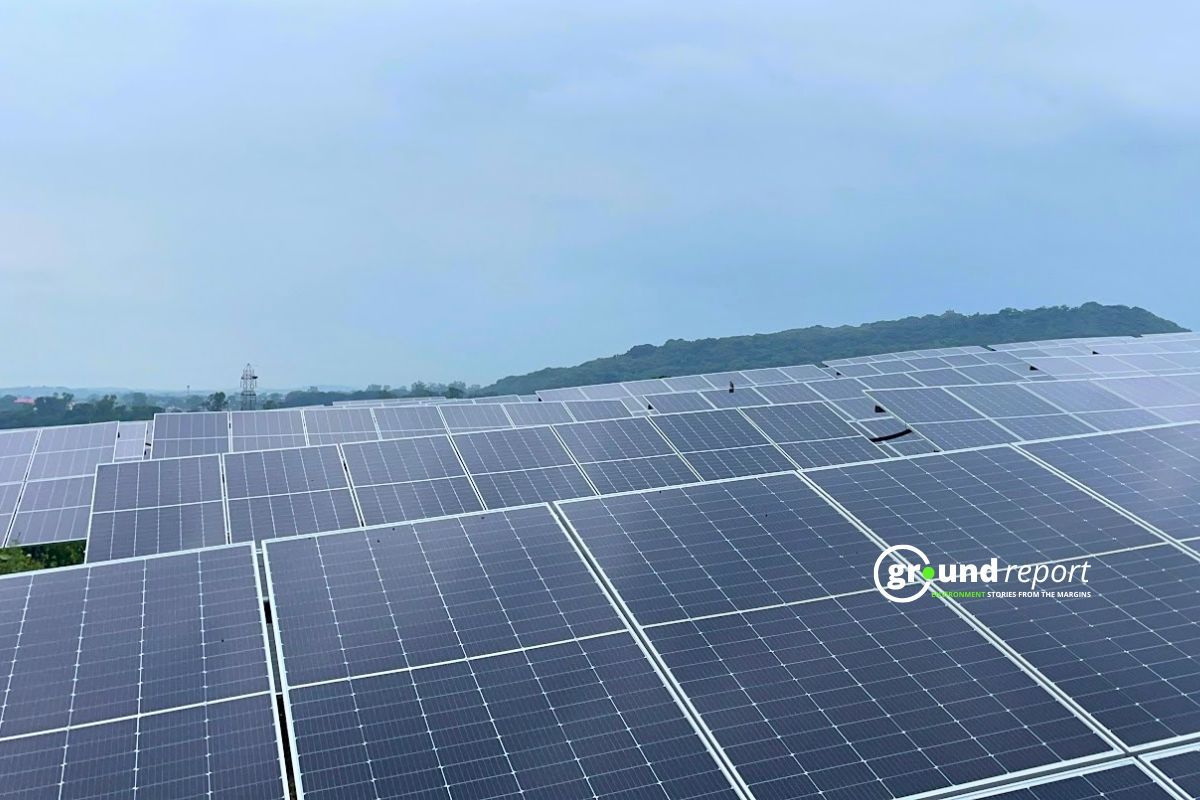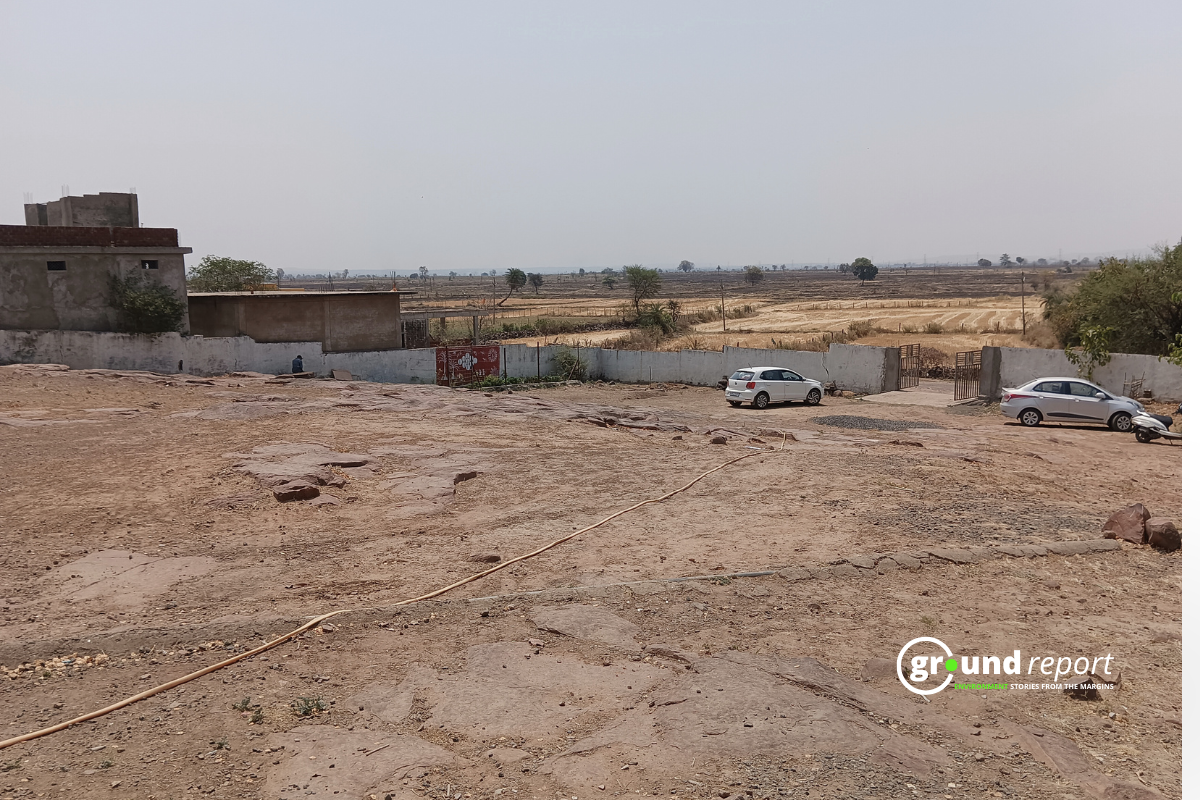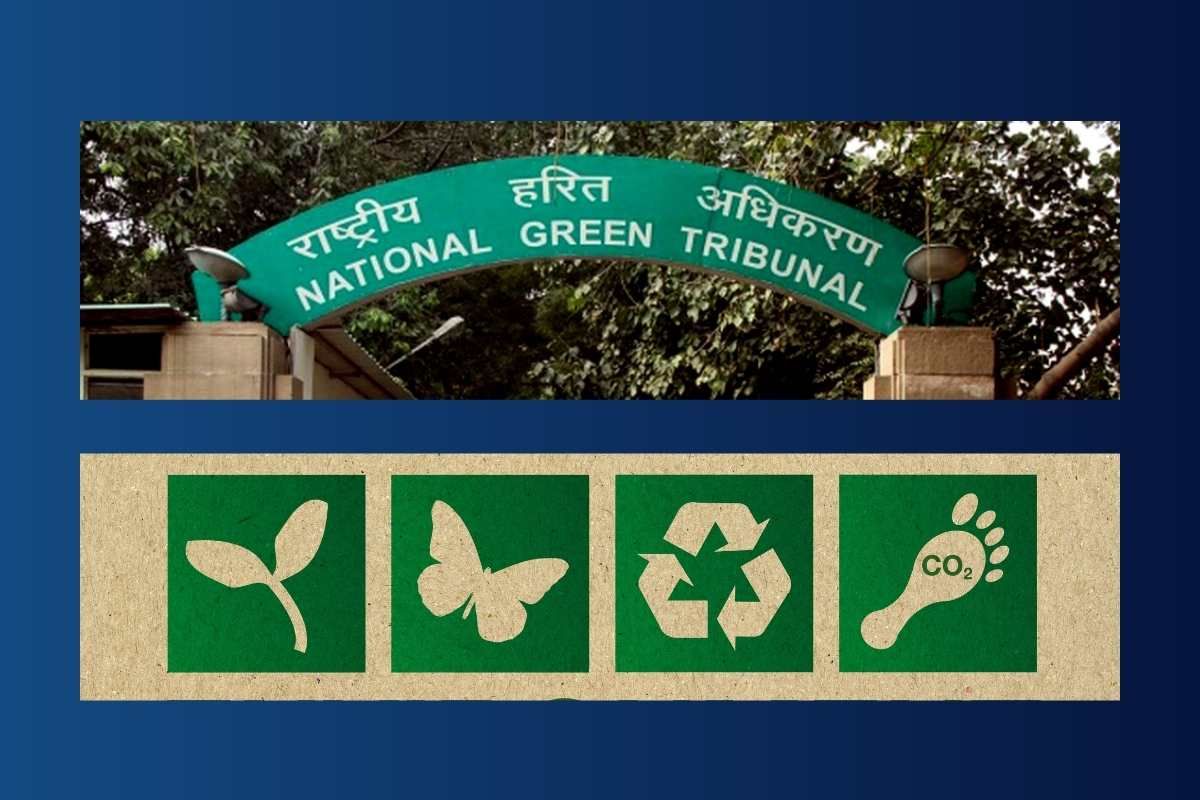India has 179 coal-fired power plants. Between 2017 and 2022, they scheduled 22.7 GW of coal plants for retirement. However, they only retired 7.35 GW, including 4.5 GW that retired due to old age. They estimate that 4.6 GW of TPPs will retire between 2022 and 2027.
India plans to reduce power generation from at least 81 coal-fired plants over the next four years. However, the proposal did not involve shutting down any of the 179 coal power plants. India has not set a formal timeline for phasing down coal use.
The Central Electricity Authority (CEA) stated that between March 2016 and June 2021, they retired 126 coal-based power generating units with a capacity of 11,995 MW. Techno-economic and commercial considerations caused the retirements.
In India, thermal power plants (TPPs) usually operate under a tariff structure that allows for 90% depreciation of the asset over a 25-year power purchase agreement (PPA) period. Despite this, these units often continue to function for extended periods of 35 to 45 years or even longer, thanks to significant investments in renovation and modernization (R&M).
India has an estimated 65.3 GW of proposed, on-grid coal capacity under active development. This includes:
- 30.4 GW under construction
- 34.9 GW in pre-construction
- 14.4 GW permitted
- 11.8 GW pre-permit
- 8.8 GW announced
List of Thermal Units retired
| Utility | Name of the Station | Unit No. | Capacity (MW) |
|---|---|---|---|
| MPPGCL | Amarkantak TPS (2×120 MW) | 3 & 4 | 240 |
| HPGCL | Panipat TPS (4×110 MW) | 1 to 4 | 440 |
| MSPGCL | Koradi TPS (4×105 MW) | 1 to 4 | 420 |
| Koradi TPS 5 | 200 | ||
| MSPGCL | Chandrapur TPS (2×210 MW) | 1 & 2 | 420 |
| MSPGCL | Parli TPS | 3 | 210 |
| MSPGCL | Bhusawal TPS | 2 | 210 |
| WBPDCL | Santaldih TPS (4x120MW) | 1 to 4 | 480 |
| WBPDCL | Bandel TPS (2×60 MW) | 3 & 4 | 120 |
| PVUNL | Patratu TPS | 1,2,3,5,8 | 360 |
| 4,6,7,9,10 | 455 | ||
| TANGEDCO | Ennore TPS (2×60 + 2×110 MW) | 1,2,3 & 4 | 340 |
| Ennore TPS 5 | 110 | ||
| GSECL | Gandhinagar TPS (2×120 MW) | 1 & 2 | 240 |
| GSECL | Sikka TPS (2 x 120 MW) | 1 & 2 | 240 |
| GSECL | Ukai TPS (2 x 120 MW) | 1 & 2 | 240 |
| DPL | DPL TPS (70 + 2×75 MW) | 3,4 & 5 | 220 |
| APGCL | Chandrapur TPS (2×30 MW) | 1 & 2 | 60 |
| PSPCL | GND TPS (Bathinda)-(4×110 MW) | 1,2,3,4 | 440 |
| PSPCL | GGS STPS (Ropar)-(2×210 MW) | 1 & 2 | 420 |
| UPRVUNL | Harduaganj 5 | 60 | |
| UPRVUNL | Obra TPS (2X50 MW) | 1 & 2 | 100 |
| Obra TPS (1×94 MW) | 8 | 94 | |
| UPRVUNL | Panki TPS (2 x 105 MW) | 3 & 4 | 210 |
| TSGENCO | Kothagudem TPS (1×60 + 2×120 MW) | 3, 6 & 8 | 300 |
| NTPC | Badarpur TPS(3×95 +2×210 MW) | 1 to 5 | 705 |
| DVC | Durgapur TPS | 3 | 140 |
| DVC | Chandrapur TPS | 1 | 130 |
| Chandrapur TPS 2 | 2 | 130 | |
| DVC | Bokaro TPS (2 x 210) | 1 & 2 | 420 |
| NLC | Neyveli TPS – I | 7 | 100 |
| CESC | New Cossipore TPS (2×30 + 2×50 MW) | 1 to 4 | 160 |
| India Power Corp. Ltd. | Chinakuri TPS (3×10 MW) | 1,2,3 | 30 |
| Dishergarh TPS (1×3 + 3×5 MW) | 1,2,3,4 | 18 | |
| Seebpore TPS (1.5 + 1.88 + 2 + 3 MW) | 1,2,3,4 | 8.38 |
Surge in electricity demand
In response to a surge in electricity demand, India has instructed utilities to refrain from retiring coal-fired power plants until 2030, as per a notice from the federal power ministry seen by Reuters. This comes just over two years after the country pledged to gradually reduce the use of this fuel.
In May of last year, India announced plans to cut power generation from at least 81 coal-fired plants over the next four years. However, this proposal did not include the shutdown of any of its 179 coal power plants. While India has not established a formal timeline for phasing out coal use, these measures indicate a significant shift in its energy policy.
As part of the Union Budget address for 2020-21, the Union Finance Minister said that the shutting down of old coal power plants, which are major contributors to emissions, will aid the achievement of India’s Nationally Determined Contributions.
However, some concerns retiring these plants may not result in significant savings. Analysis suggests that the total savings in generation cost from shutting down plants older than 25 years would be less than Rs. 5,000 crore annually, which is just 2% of the total power generation cost.
Moreover, some old plants may continue to be economically viable even if they install pollution control equipment, as their current fixed costs (which would increase with pollution control equipment installation) are very low.
Keep Reading
How many Cheetahs are there in India?
10 Richest states of India in the year 2024 and their GSDP
10 Poorest states in India in 2024
10 Indian cities facing water scarcity in 2024
Support us to keep independent environmental journalism alive in India.
Follow Ground Report on X, Instagram and Facebook for environmental and underreported stories from the margins. Give us feedback on our email id greport2018@gmail.com.
Don’t forget to Subscribe to our weekly newsletter, Join our community on WhatsApp, and Follow our YouTube Channel for video stories.









